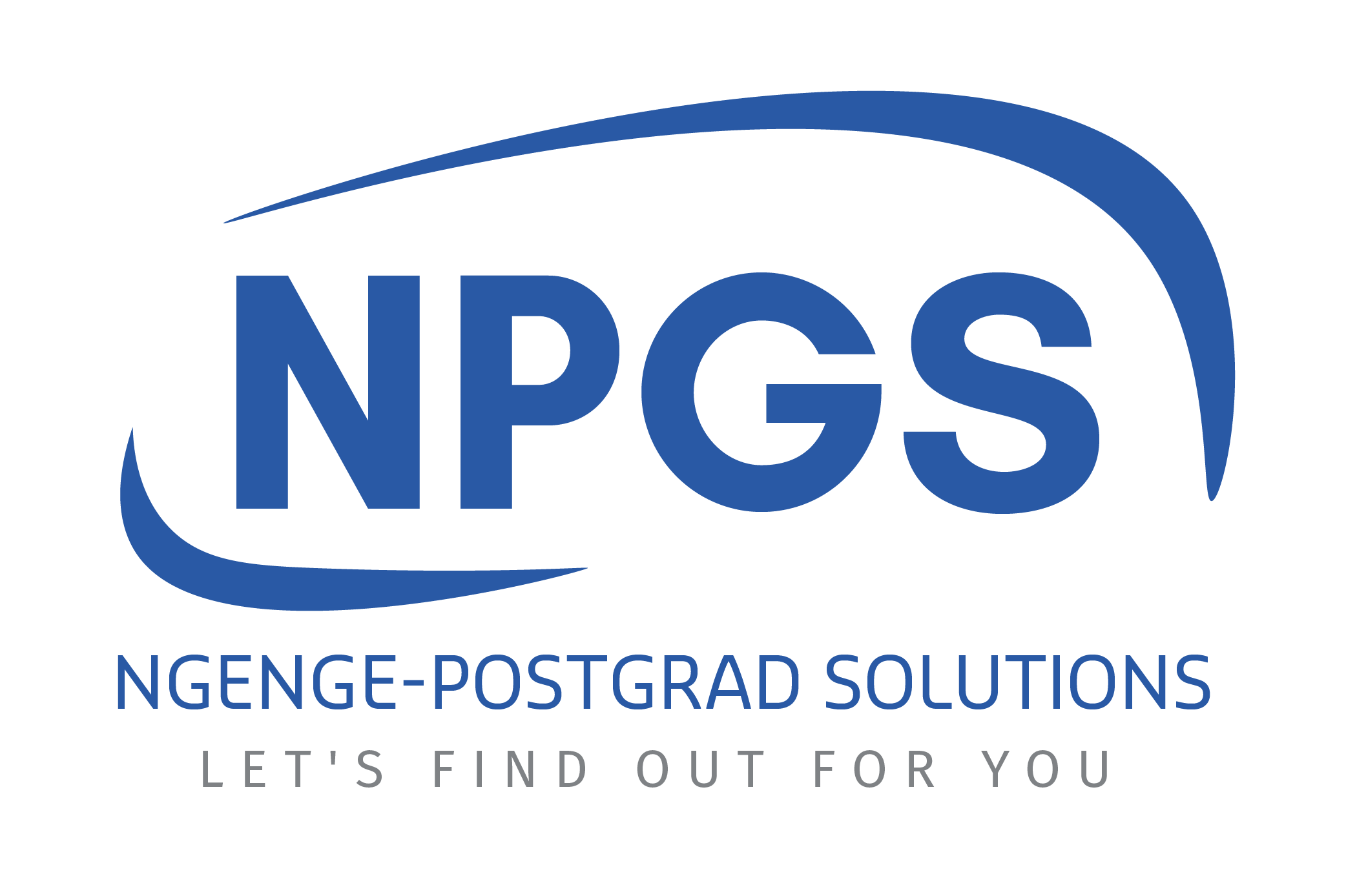NGENGE-POSTGRAD SOLUTIONS IS HERE TO HELP YOU: NPGS has an Application Help Service with a team of highly experienced professionals to help you find a position or prepare a CV or Cover Letter. Our professional experts can also apply for you from A to Z.
Application Deadline: February 1, 2023
Are you fascinated by processes of state formation, state reconstruction, peace-building, and conflict resolution?
Do you want to learn more about how governance at the local, national, regional and international levels contributes to sustainable development?
The Institute of Development Policy (IOB) at the University of Antwerp brings together people from
around the world who share your concerns and ambitions. In the Advanced Master of Governance and Development, you’ll study how conflict is both a cause and consequence of governance failures, and learn to critically analyse governance problems and possible resolutions. You’ll gain the theoretical, methodological, and practical insights to conduct research on governance challenges across different scales, while engaging with contemporary debates about global development.
The IOB offers 10 full scholarships for each Advanced Master. The scholarships are funded by the Flemish Interuniversity Council (VLIR-UOS).
Eligibility criteria:
- Nationality and country of residence: A candidate should be a national and resident of one of the 29 eligible countries (nationality and country of residence not necessarily the same) at the time of the application. The place of residence of the applicant will be checked. Eligible cuntries: Benin, Bolivia, Burkina Faso, Burundi, Cambodia, Cameroun, Cuba, DR Congo, Ecuador, Ethiopia, Guinee, Haiti, Indonesia, Kenya, Madagascar, Morocco, Mozambique, Nicaragua, Niger, Peru, Philippines, Palestina, Rwanda, Senegal, South Africa, Tanzania, Uganda, Vietnam, Zimbabwe.
- Age: The maximum age for an Advanced Master programme candidate is 45 years. (Age on 1 January of the intake year.)
- Professional background and experience: Candidates should preferably be employed in higher education, government or civil society, or should aim at a career in one of these sectors. However, candidates employed in the private sector or newly graduated candidates without any work experience can also be eligible depending on their motivation and profile.
- Previously awarded scholarships: The candidate has never received a scholarship from the Belgian government to attend a study programme and/or was never enrolled in a Belgian higher education institution to attend a study programme.
- Scholarship applications: Candidates may apply for only one ICP Connect scholarship application per year
Selection:
Applications who successfully pass the academic selection are subsequently assessed by a joint selection commission of IOB and VLIR-UOS in order to select scholarship candidates. For each Master, 10 effective scholars and 10 substitute scholars will be selected.
The scholarship selection is based on the VLIR-UOS selection criteria: the IOB applies a gender and regional balance; professional experience is an important asset to award this scholarship and an outstanding motivation is highly valued. Preference will be given to scholarship applicants who have never received a scholarship before.
Given the need to balance out the VLIR selection criteria, it is in theory possible that not the best scoring students get a scholarship. For example, if there are many high scoring male students from country X, it is probable that the best scoring might get a scholarship (if he is eligible). But it is also likely that a female from country X or Y (with a lower score) gets a scholarship too. Though this might seem unfair vis-à-vis the better scoring males, VLIR-UOS prefers positive discrimination in terms of gender in such a case. Added to this, since the pool of applicants changes from year to year, and since scholarships are awarded taking into account relative criteria (number of females, regional balance, etc…), the odds that a scholarship is awarded in year 1 for candidate X might be completely different in year 2. This explains why some students apply several times without success before they get accepted – even though their application file did not change in essence.
Visit the official website for details and application




